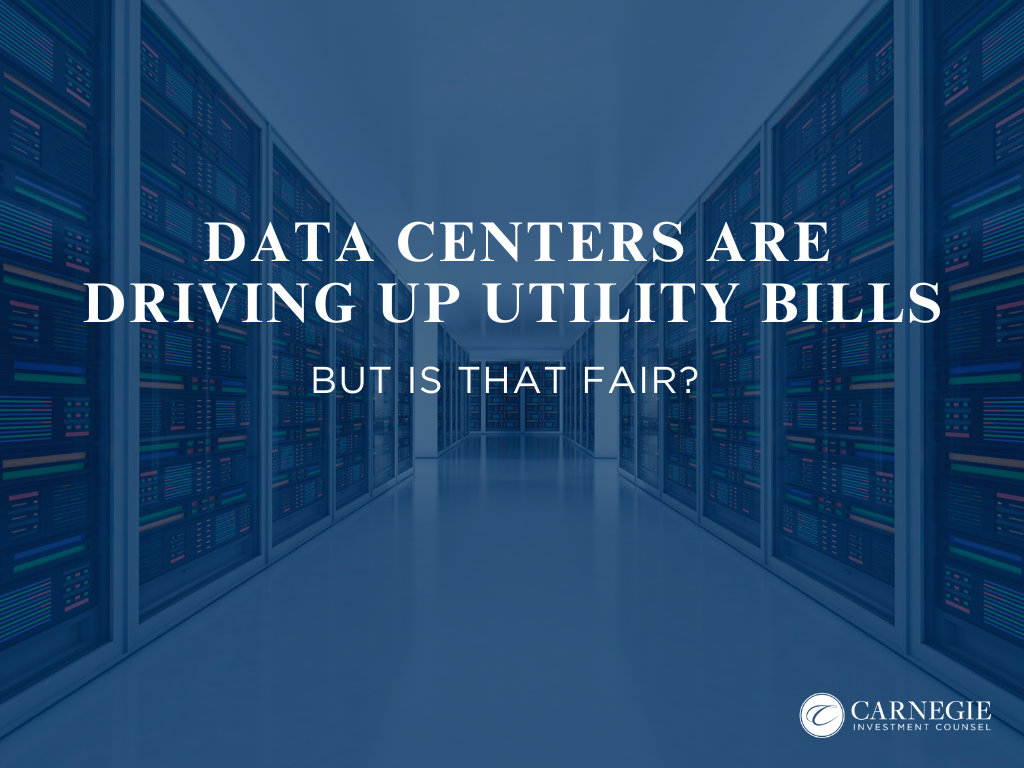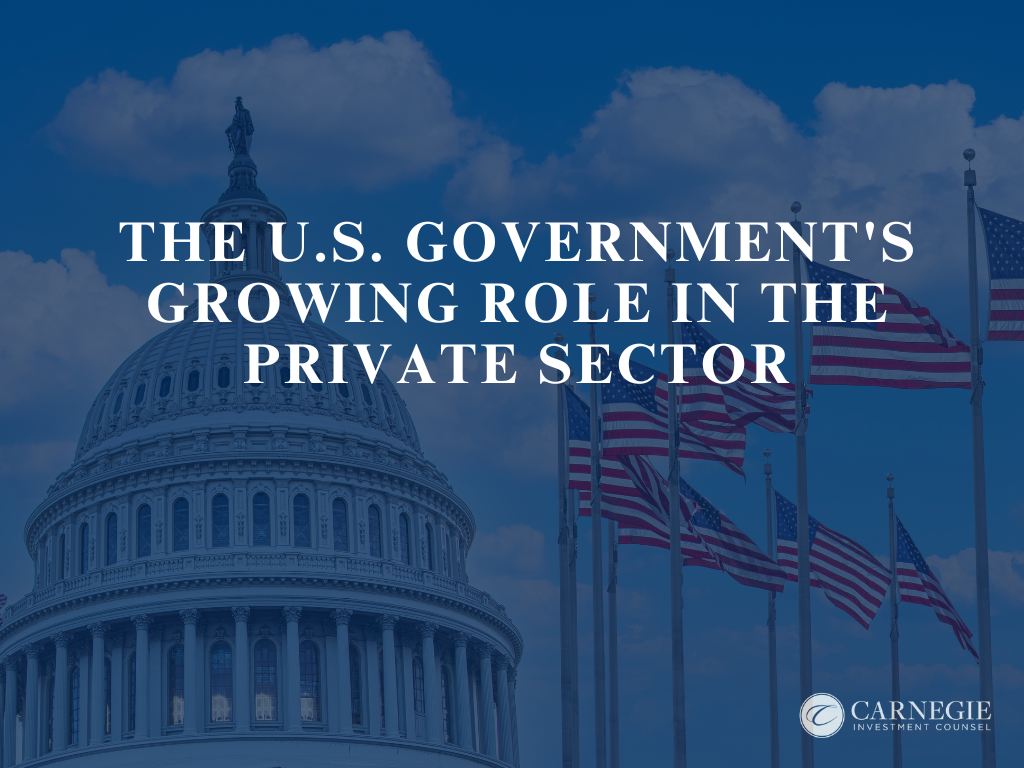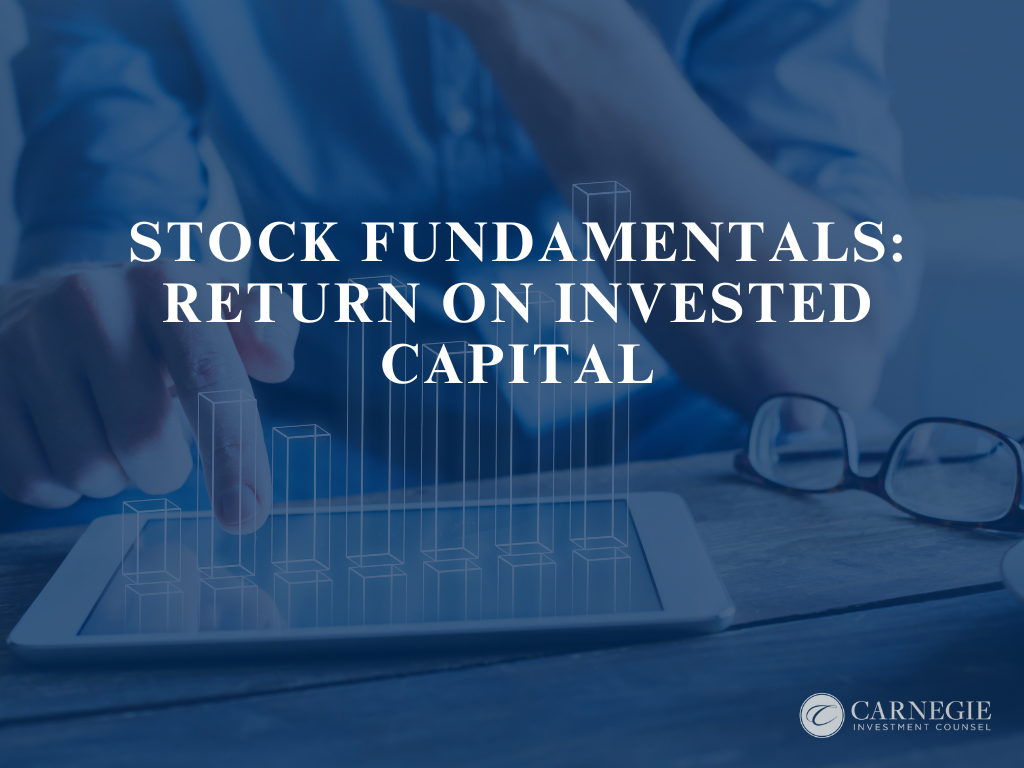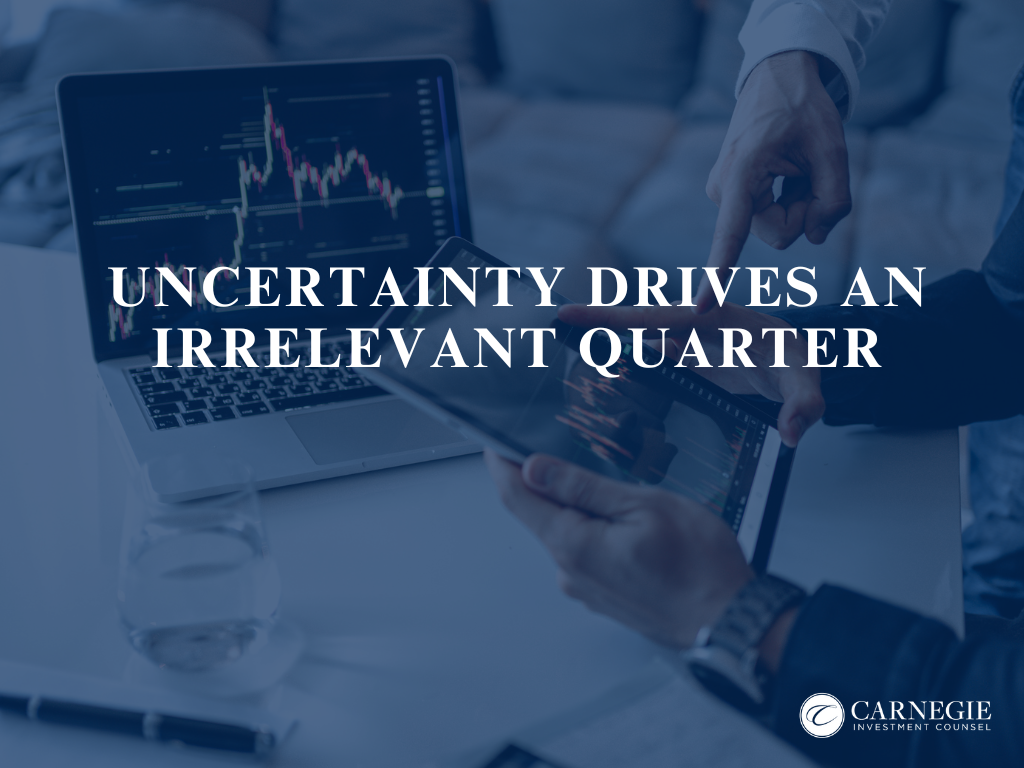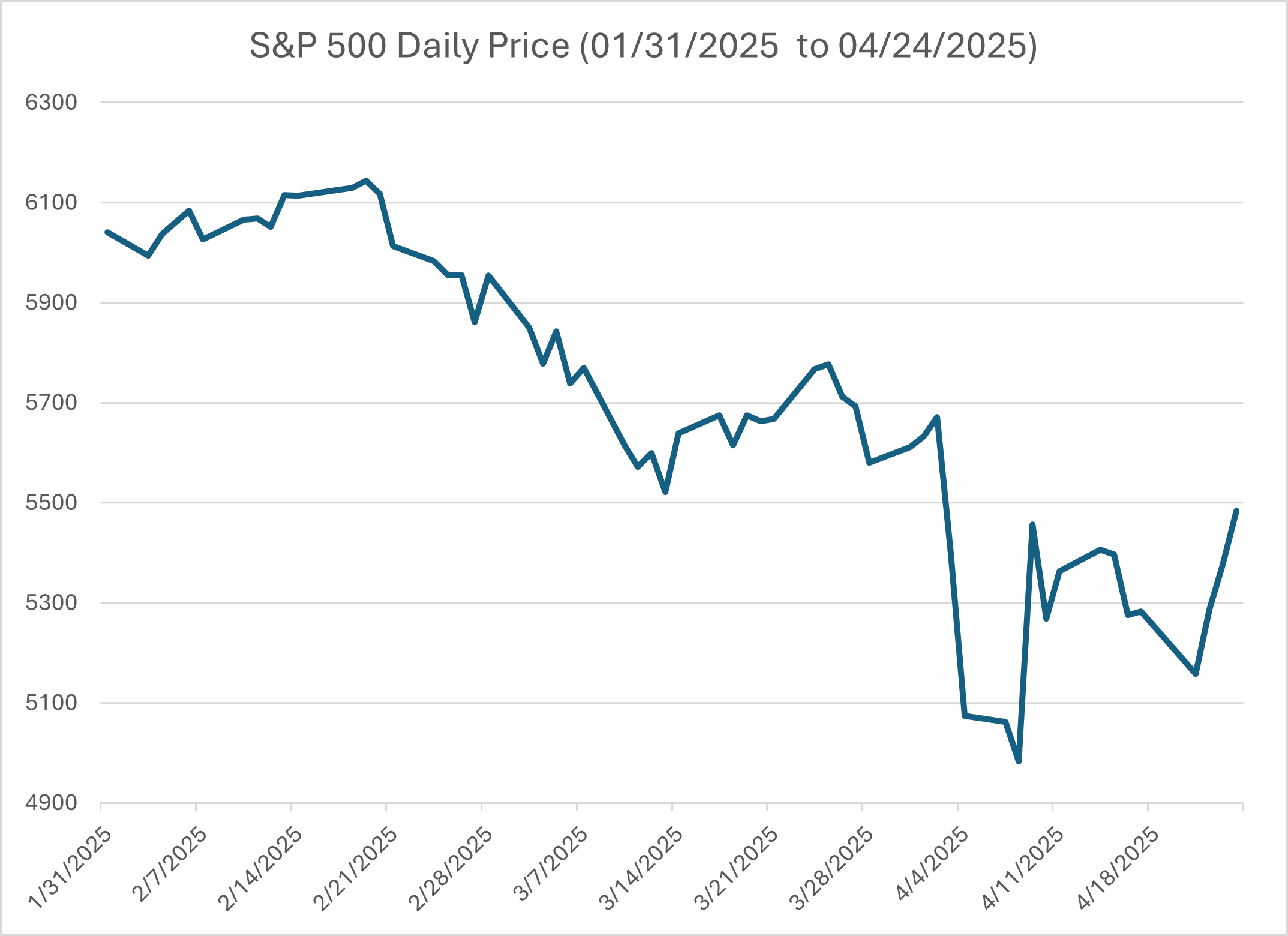Fixed income can play a critical role in a well-constructed investment portfolio. While equities are typically the primary driver of long-term returns, fixed income serves a different purpose: risk management.
Our philosophy is straightforward. Fixed income should act as a true hedge against equity market volatility while also providing a predictable level of income. It is not intended to be the engine of growth in a portfolio. That responsibility belongs to equities. This distinction matters because fixed income investments have an inherently asymmetrical payoff profile.


-1.png)
.png)
-3.png)
